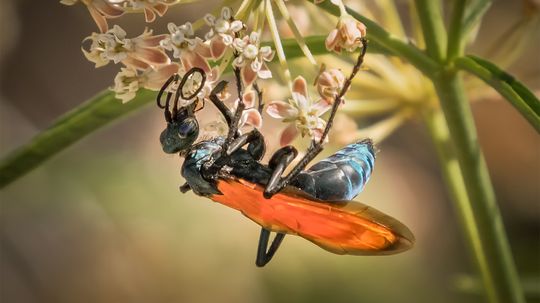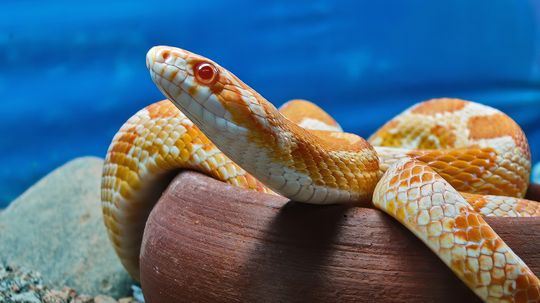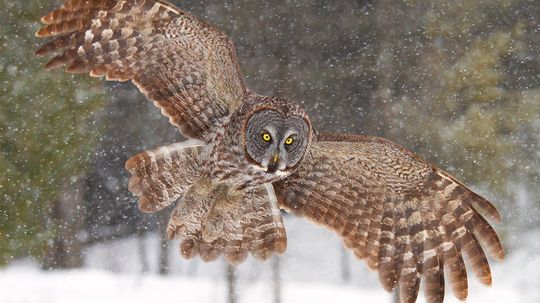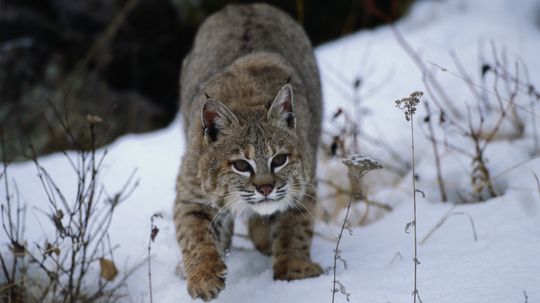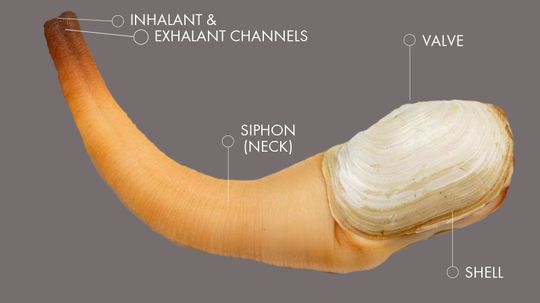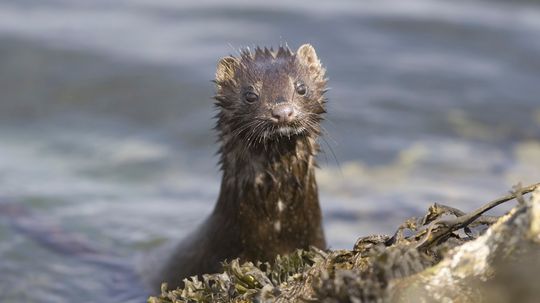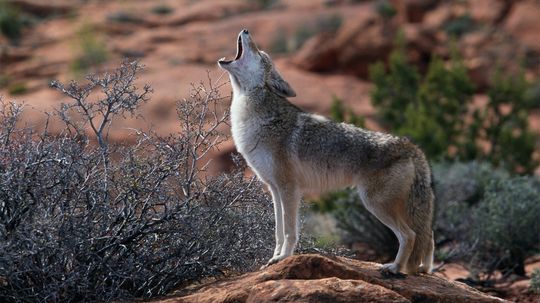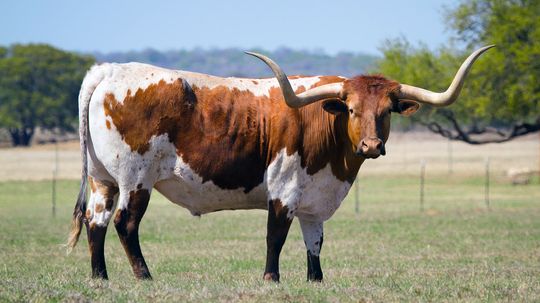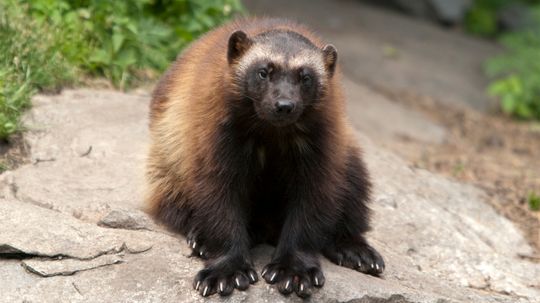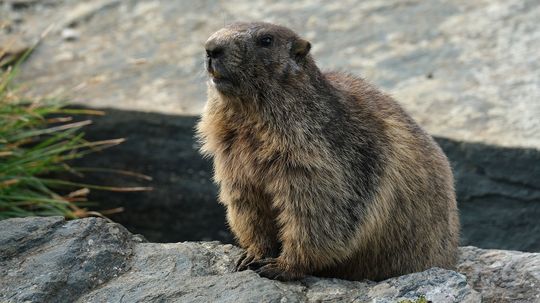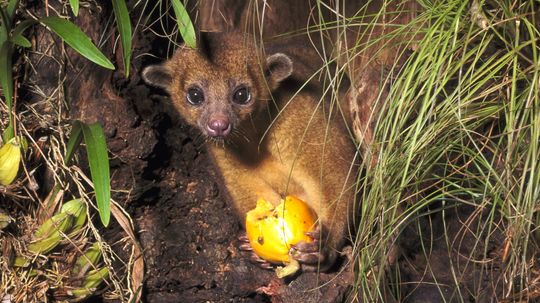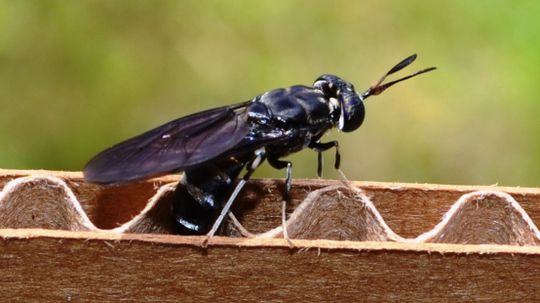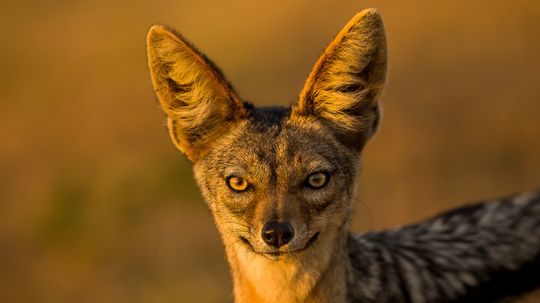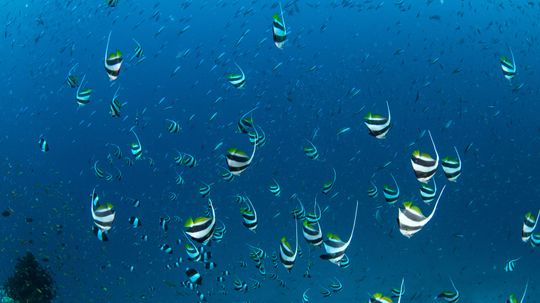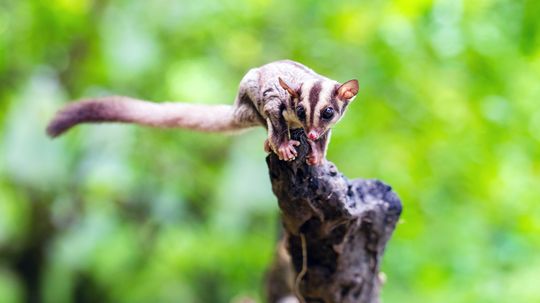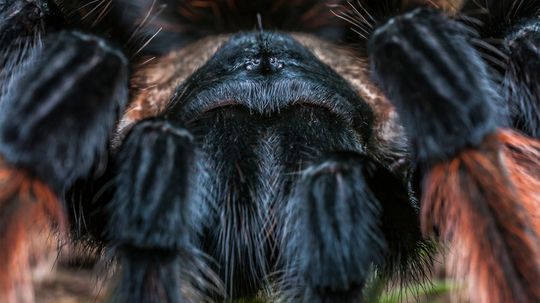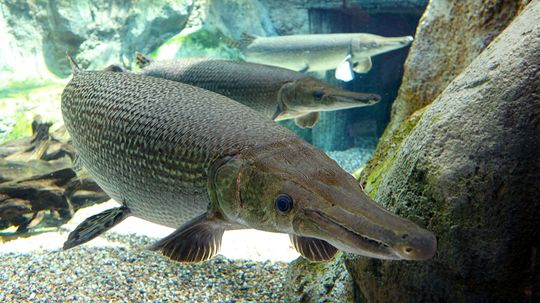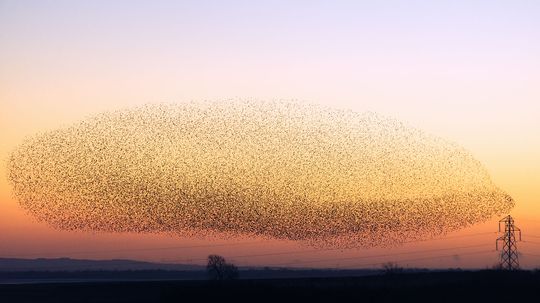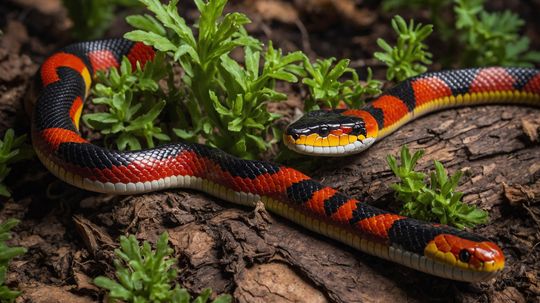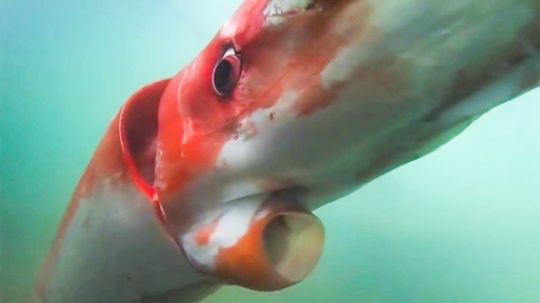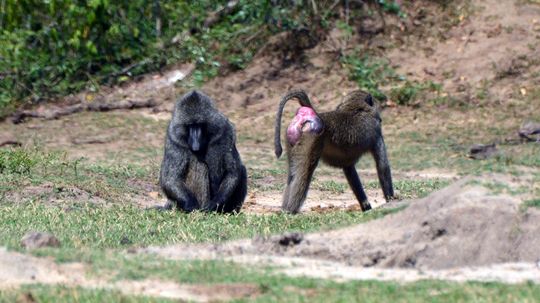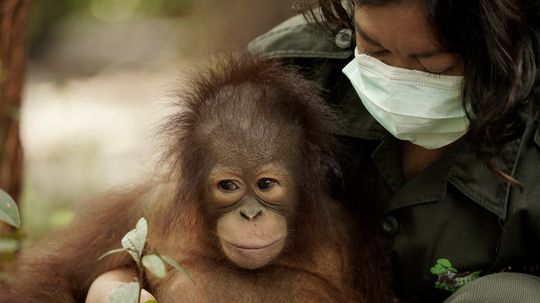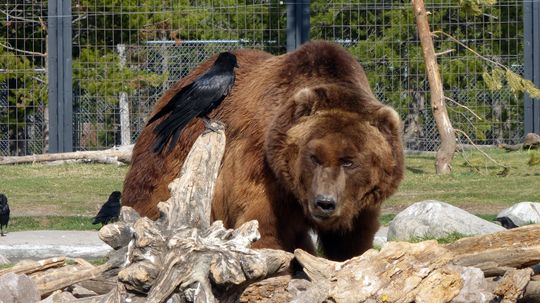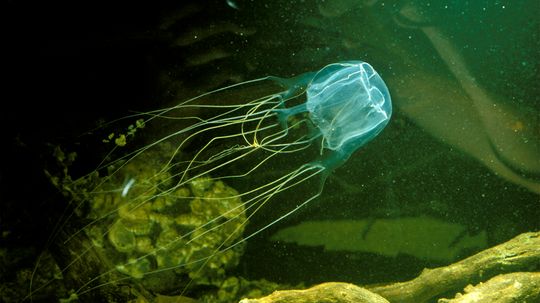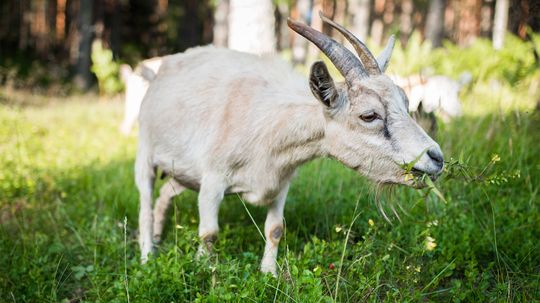Wild Animals
Whether they crawl, fly, swim, slither, walk, run or pounce, wild animals rely on their instincts. Read about all kinds of wild animals, mammals, birds, fish, insects, reptiles and amphibians.
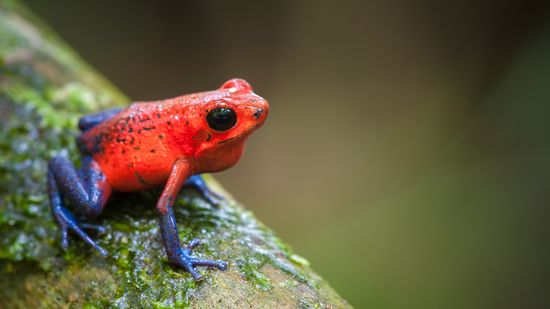
12 Colorful Frog Species: From Tie-dyed Designs to Rare Hues
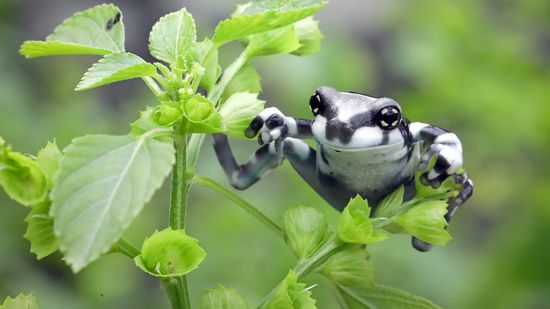
Amazon Milk Frog: Named for Its Defense, Not Its Color
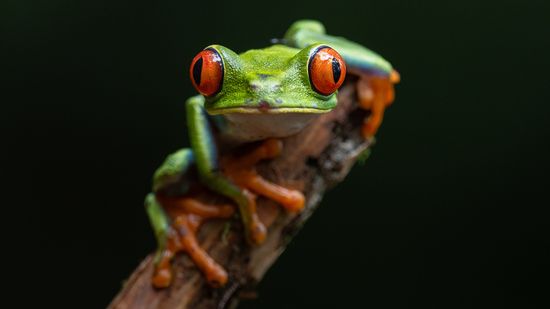
The Red-eyed Tree Frog Has Extremely Sensitive Skin
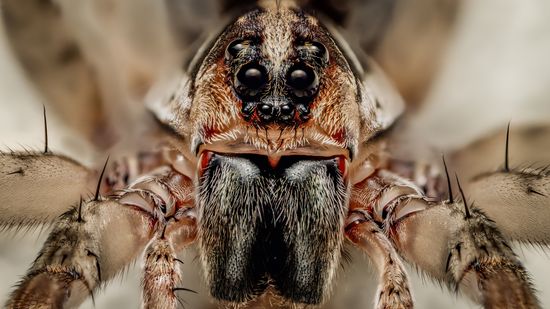
What Is a Group of Spiders Called? (Aside From Icky)
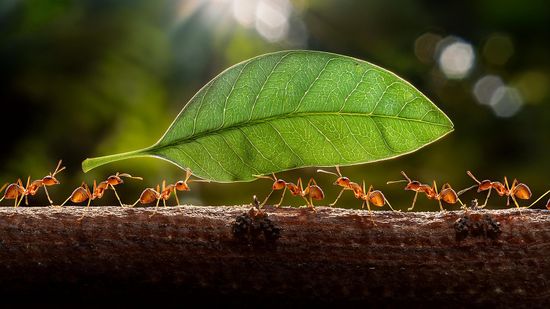
What Is a Group of Ants Called? Army vs. Colony vs. Swarm
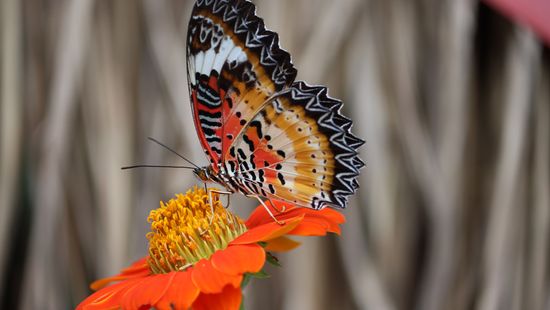
10 Red Butterfly Species Found From India to Florida to Europe
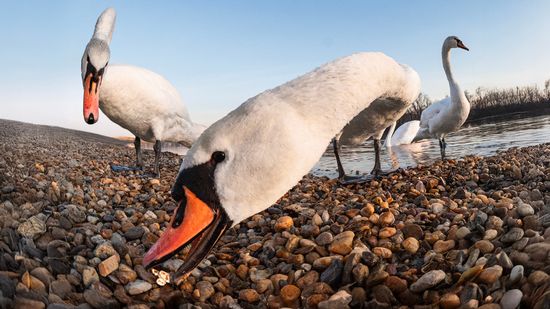
What Is a Group of Swans Called? Not a Flock
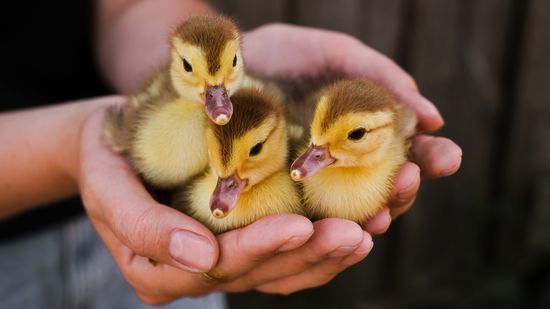
What Is a Group of Ducklings Called? It's Surprisingly Moody
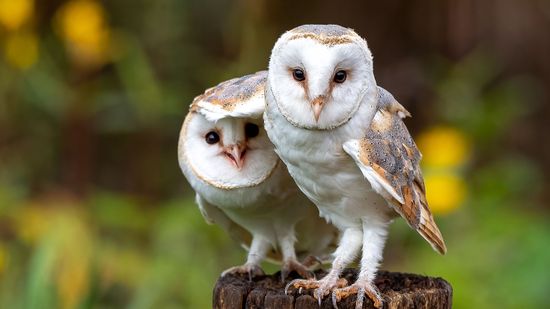
What Group of Birds Is Called a Parliament?
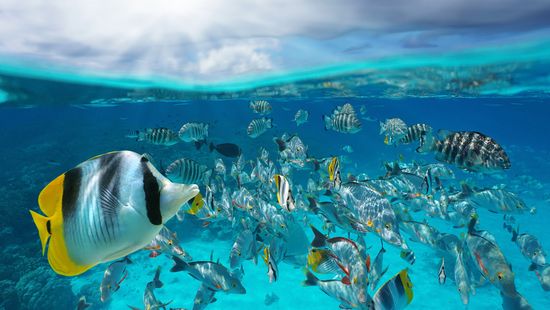
What Is a Group of Fish Called? Not Always a School
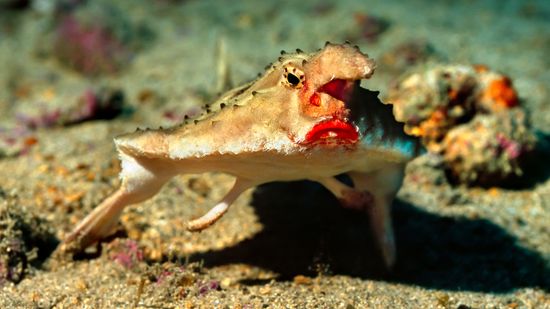
10 Weirdest Fish in the World: Batfish, Hairy Frogfish, and More
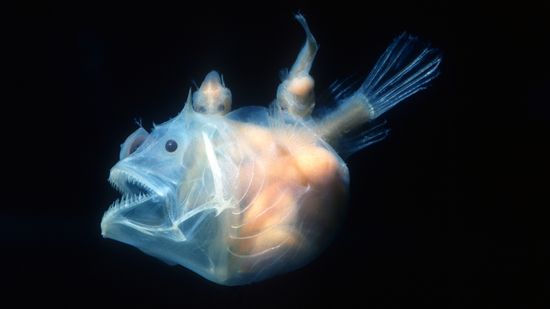
10 Scariest Fish Lurking in Rivers, Deep Ocean Waters, and Shells
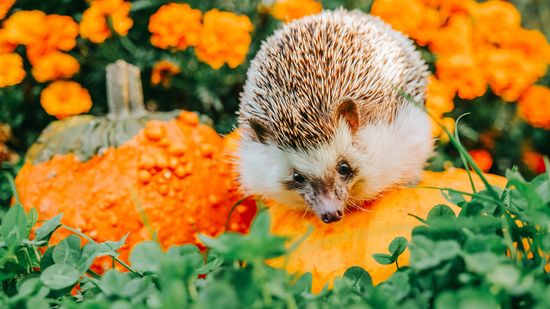
What Is a Group of Hedgehogs Called? It's Adorably Appropriate
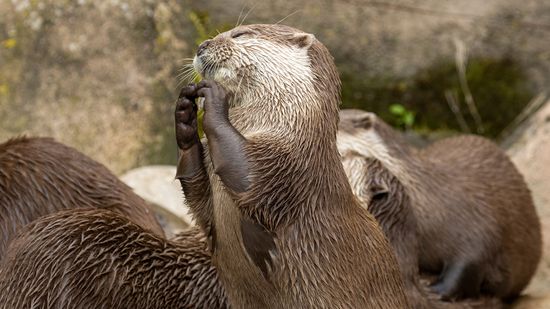
What Is a Group of Otters Called? The Official Terms Are Adorable
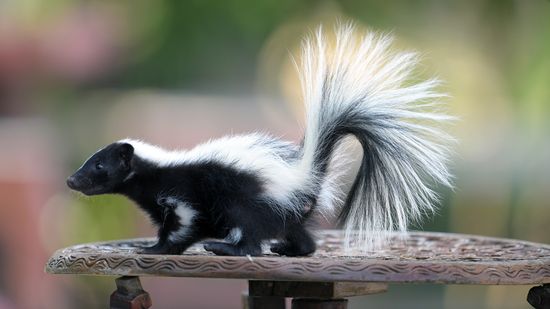
What Is a Group of Skunks Called? Here's Why You've Never Asked Before
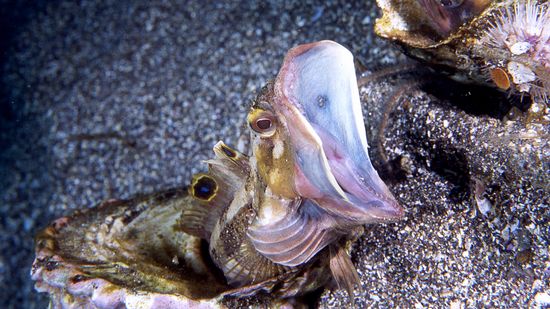
10 of the Scariest Sea Creatures Lurking in the Ocean's Depths
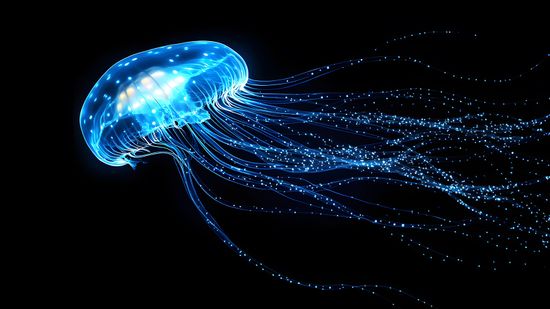
How Bioluminescent Jellyfish Get Their Signature Glow
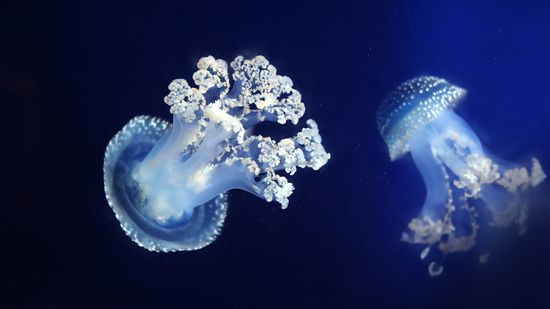
White Spotted Jellyfish: Cute Until They Become Invasive
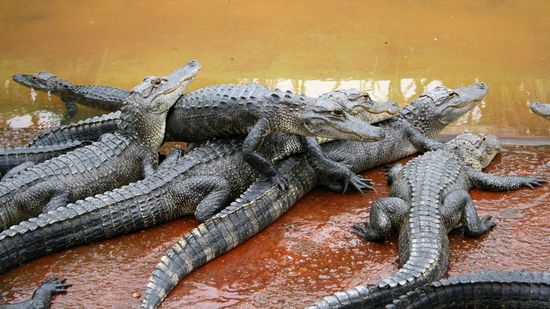
What Is a Group of Alligators Called? It Sounds Surprisingly Formal
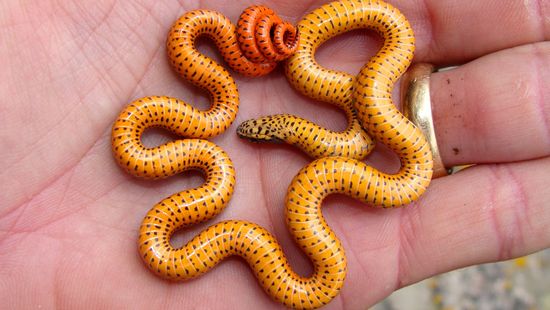
10 Cutest Snake Species That Have Us Squeeing
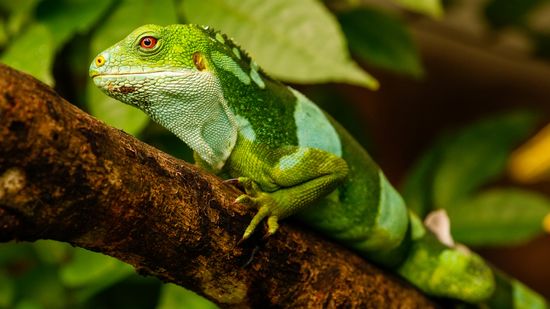
10 Colorful Lizards to Delight Reptile Lovers
Learn More / Page 26
The sting of a tarantula hawk is so painful you are advised to lie on the ground as soon as you're stung to avoid falling.
These modern rat snakes have an affinity for barns (and the rodents that live in them). But the myriad of colors makes them a reptile hobbyist's dream.
By Mark Mancini
From ancient times until today, people have been captivated by these iconic, mysterious birds. What is it about owls that makes them the enduring subject of myth and superstition?
Advertisement
It turns out that bobcats do just fine if not actively hunted by humans.
These saltwater clams are the largest on the planet, and some can live as long as 100 years. And despite their, well, looks, they're pretty darn tasty.
The wars between mink species and humans quietly rage worldwide.
Though ol' Wile E. never did catch the Road Runner, coyotes are some of the most ingenious and adaptable animals on the planet.
Advertisement
These impressive and intimidating animals have an illustrious past that helped them wend their way through America and settle in the heartland of the South.
By Mark Mancini
These berserker weasels are the ultimate cold weather survivors - cagey, smart and omnivorous.
Groundhogs don't actually make great weathermen, but they are pretty cool in every other respect.
Kinkajous, or honey bears, are generally docile creatures, but they definitely don't mix well with humans.
Advertisement
Black soldier fly larvae will eat almost anything and they taste pretty good themselves, too.
Jackals, formidable members of the canine family, are often portrayed in traditional world folklore as wily tricksters, up to no good. They are actually brilliant survivalists.
They're swimming in water all day so how could they ever get thirsty? The answer might surprise you.
These adorable marsupials look as sweet as their name. But what, exactly, are sugar gliders?
By Jamie Allen
Advertisement
Tarantulas are the largest spiders in the world and, believe it or not, some can live for up to 30 years.
A Texas man caught an alligator gar estimated to be over 300 pounds in May 2022. The alligator gar is sometimes referred to as a "living fossil" and, while it may look threatening, it's harmless to anything larger than itself.
Starlings are short and thick, with dark feathers and long, pointy bills. Collectively, however, they transform into something else entirely.
By John Donovan
These colorful snakes are found all over the world and are highly venomous, so the best strategy is to avoid them.
Advertisement
Rumors of giant squid have terrified sailors for centuries, but new technology is now helping to bring these mysterious creatures up toward the light.
Those red butts on baboons do serve a purpose, sort of, but it's probably not quite what you think.
Orphaned Bornean orangutans need all the help they can get - the Borneo Orangutan Survival Foundation steps in to teach them the art of survival.
It's the job of the huge grizzly bears at Montana's Grizzly and Wolf Discovery Center to test the everything from coolers and trash cans to food storage containers.
Advertisement
Most jellyfish are more bothersome than threatening, but the box jellyfish is so poisonous you might not make it out of the water alive.
Clearing land with goats rather than machinery is eco-friendly, effective and adorable.
